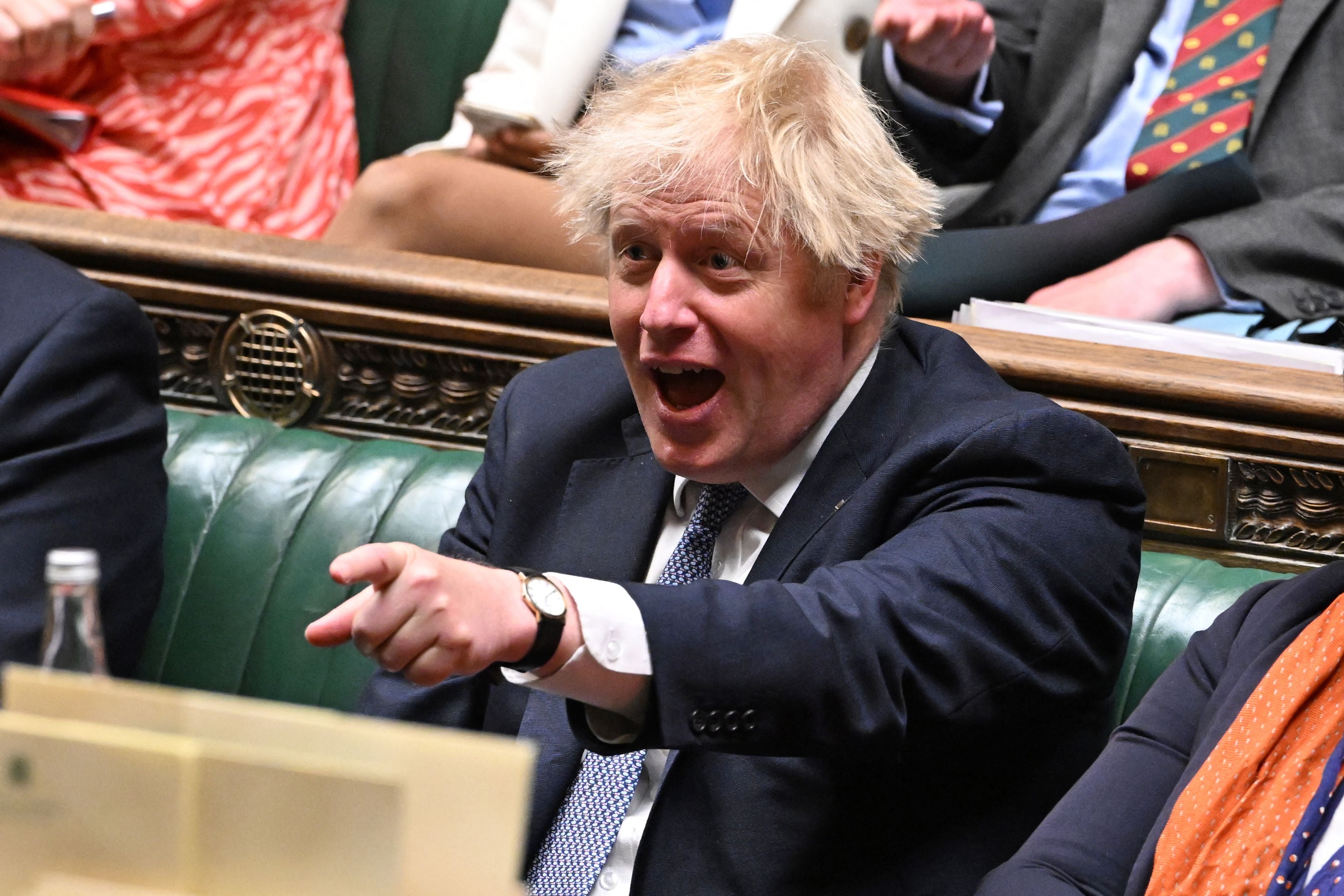After 10 years of Westminster chaos, we’ve forgotten what ‘normal’ looks like
The old hands of today occasionally speak fondly of the times before the madness took hold, of the weeks that went by without significant news occurring, writes Marie Le Conte


If a week is a long time in politics, what to make of a decade? Empires can rise and fall in the span of 10 years; entire careers can begin, bloom and fade. Can you remember what Westminster felt like in 2012? The coalition, the Olympics, Ed Miliband? We may as well be talking about an alien planet.
A decade is a long time anywhere, but it is practically endless in British politics, where few people stay in place for long and memories are often short. This matters because Westminster has no set way of being; a lot relies on habits, etiquette and conventions, all of which, in turn, rely on people knowing what they are.
Like community elders passing on ancient tales to younger generations, the old hands of SW1 often get to set the tone and remind fresh faces of crucial precedents. There is no “normal”; there are only formalised recollections. What happens if no one can remember when “normal” meant, well, just that?
There is, at the time of writing, no way to be certain which way tonight’s vote of confidence in Boris Johnson will go. It doesn’t matter hugely, at least not in this context; the very fact that it was called tells us all we need to know. If Johnson wins this evening, the chaos will continue, and potentially worsen.
He is not a stable leader at the best of times, and even a victory would leave him with a fractured parliamentary party and an uncertain future. If he loses, all hell will break loose. There will be a leadership contest, a reshuffle, endless speculation about an early election, potential revenge from Boris loyalists, and so on.
In either scenario, the earliest possible point at which things will calm down is 2024. One could imagine an election next year or early the year after, and either a Labour or a different Conservative prime minister taking over, with enough of a majority to ensure at least a bit of peace. It is far from a given; merely an optimistic possibility.
2024 will, of course, mark the 10th anniversary of Scotland’s independence referendum. Others may disagree, but this is often regarded as having been the beginning of the end for normality in Westminster. After the referendum in 2014 came the general election and the Labour leadership contest in 2015. 2016 brought the Brexit referendum and the Conservative leadership contest, followed by the general election in 2017.
2018 was marked by the Brexit wars and the non-existent majority; 2019 featured another Conservative leadership contest; and 2020 brought the Labour leadership contest and the pandemic. You remember 2021; we don’t need to go through it again.
By 2024, it will be possible for an MP to be senior enough to be in cabinet, or a political journalist to have become an editor, without either of them ever having witnessed the sort of quiet, “normal” politics we used to know. In only a few years, a lot of the people at the top will never have known anything but chaos; their own version of normality will be anything but.
To keep up to speed with all the latest opinions and comment, sign up to our free weekly Voices Dispatches newsletter by clicking here
It makes for an interesting psychological shift, but there will be other, more concrete consequences. Most newsrooms, for example, now have large political teams, originally inflated to deal with Brexit, then left to deal with everything else. What will happen to those people when Westminster becomes dull again?
Similarly, a lot of MPs have got used to receiving a fair amount of attention from the mainstream press as well as their constituents. There was Brexit, and there were Labour’s forever wars, followed by the pandemic and the Boris clown show. What will happen to these people when everyone stops caring?
Actions and events matter in Westminster, not only in and of themselves, but because they provide the blueprint for future actions and events. The old hands of today occasionally speak fondly of the times before the madness took hold, of the weeks that went by without significant news occurring.
What should worry us isn’t only that the end of the madness isn’t in sight quite yet, but that memories of chaos will only beget more chaos, at least until “normal” feels normal again. Ten years is a lifetime in British politics; it may take just as long for things to quieten down for good. In other words, buckle up: we’re in this for the long run.






Join our commenting forum
Join thought-provoking conversations, follow other Independent readers and see their replies
Comments